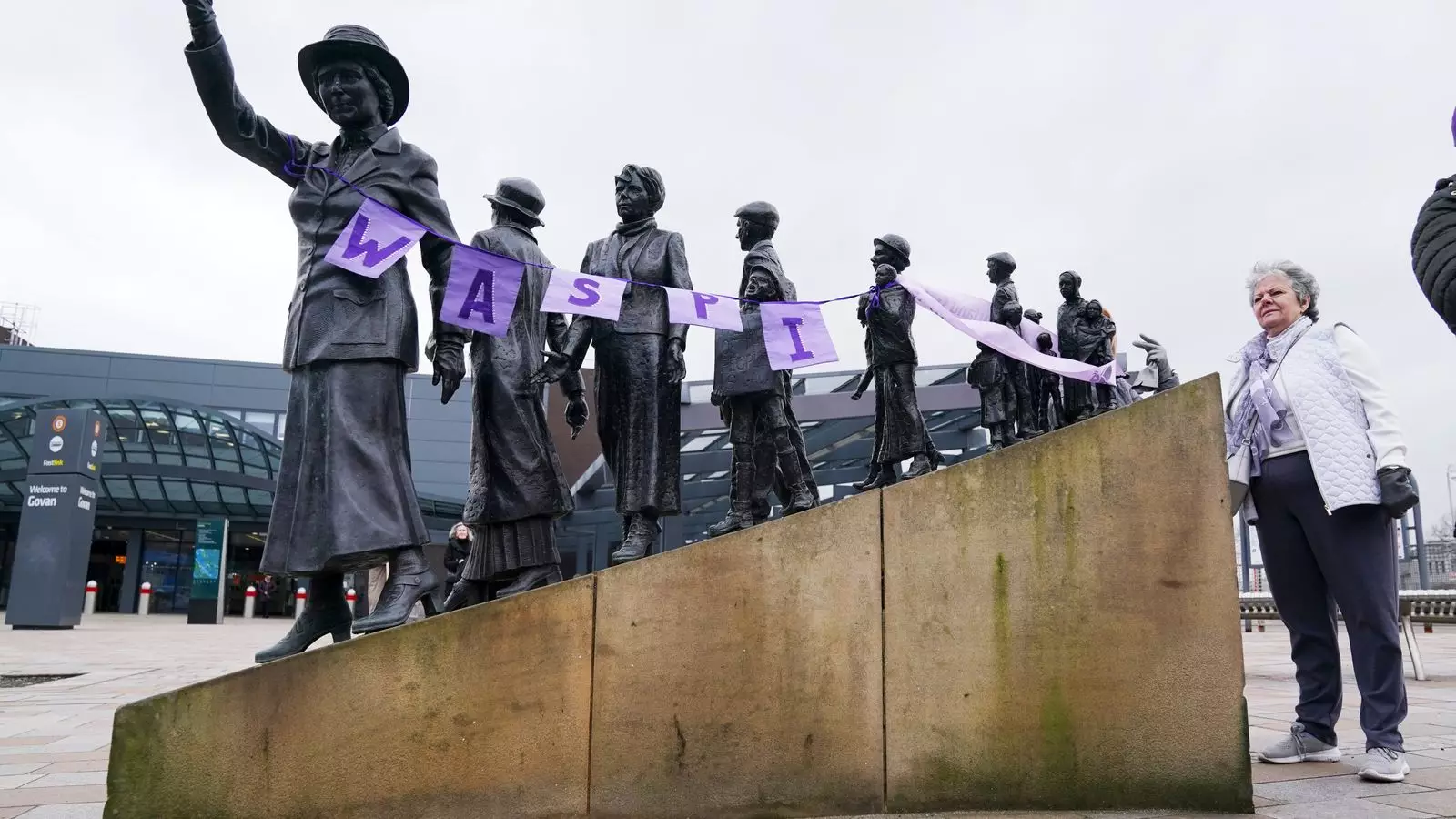A recent report by the Parliamentary and Health Service Ombudsman (PHSO) has shed light on the impact of increases to the retirement age on women born in the 1950s. The investigation revealed that thousands of women may have suffered due to the government’s failure to adequately inform them of the changes. As a result, the ombudsman recommended that these women are owed compensation for the adverse effects they experienced. However, the Department for Work and Pensions (DWP) has not taken responsibility for its failings or taken steps to rectify the situation.
The PHSO chief executive, Rebecca Hilsenrath, expressed disappointment in the DWP’s refusal to comply with the findings and emphasized the importance of holding the department accountable. With concerns that the DWP may not act on the recommendations, the ombudsman has called on parliament to intervene and ensure that a compensation scheme is established promptly. This proactive approach seeks to provide the affected women with the quickest route to remedy their situation and receive the compensation they deserve.
The findings of the report come after sustained efforts by the Women Against State Pension Inequality (WASPI) group to address the financial challenges faced by women as a result of the changes to their retirement age. The WASPI women have been vocal about the lack of sufficient warning provided to them, leading to financial hardship and emotional distress. While the ombudsman’s report recommends compensation in the range of £1,000 to £2,950 for the affected women, the WASPI group is advocating for higher levels of compensation, such as £10,000 or more, to reflect the impact on their lives and finances.
The decision to align the state pension age for men and women was hailed as a step towards gender equality. Prior to the changes, women retired at 60 while men retired at 65, creating a disparity in retirement ages. The legislative changes in 1995 aimed to gradually increase the retirement age for women to match that of men, with a phased approach between 2010 and 2020. However, the acceleration of the retirement age shift by the coalition government in 2011 led to women receiving insufficient notice and time to plan for the changes.
The failure of the DWP to communicate the changes effectively resulted in women being deprived of opportunities to make informed financial decisions and maintain control over their finances. The lack of timely and accurate information led to financial challenges and diminished autonomy for the affected women. Liberal Democrat Chief Whip Wendy Chamberlain acknowledged the tireless efforts of the WASPI women in seeking justice and financial restitution for the hardships they have endured.
The call for compensation for women born in the 1950s affected by retirement age changes highlights the need for accountability and remedial action on the part of the government. The advocacy efforts of groups like WASPI underscore the importance of ensuring that women are adequately informed and supported in navigating changes to pension policies that have significant implications for their financial security and well-being.

Leave a Reply